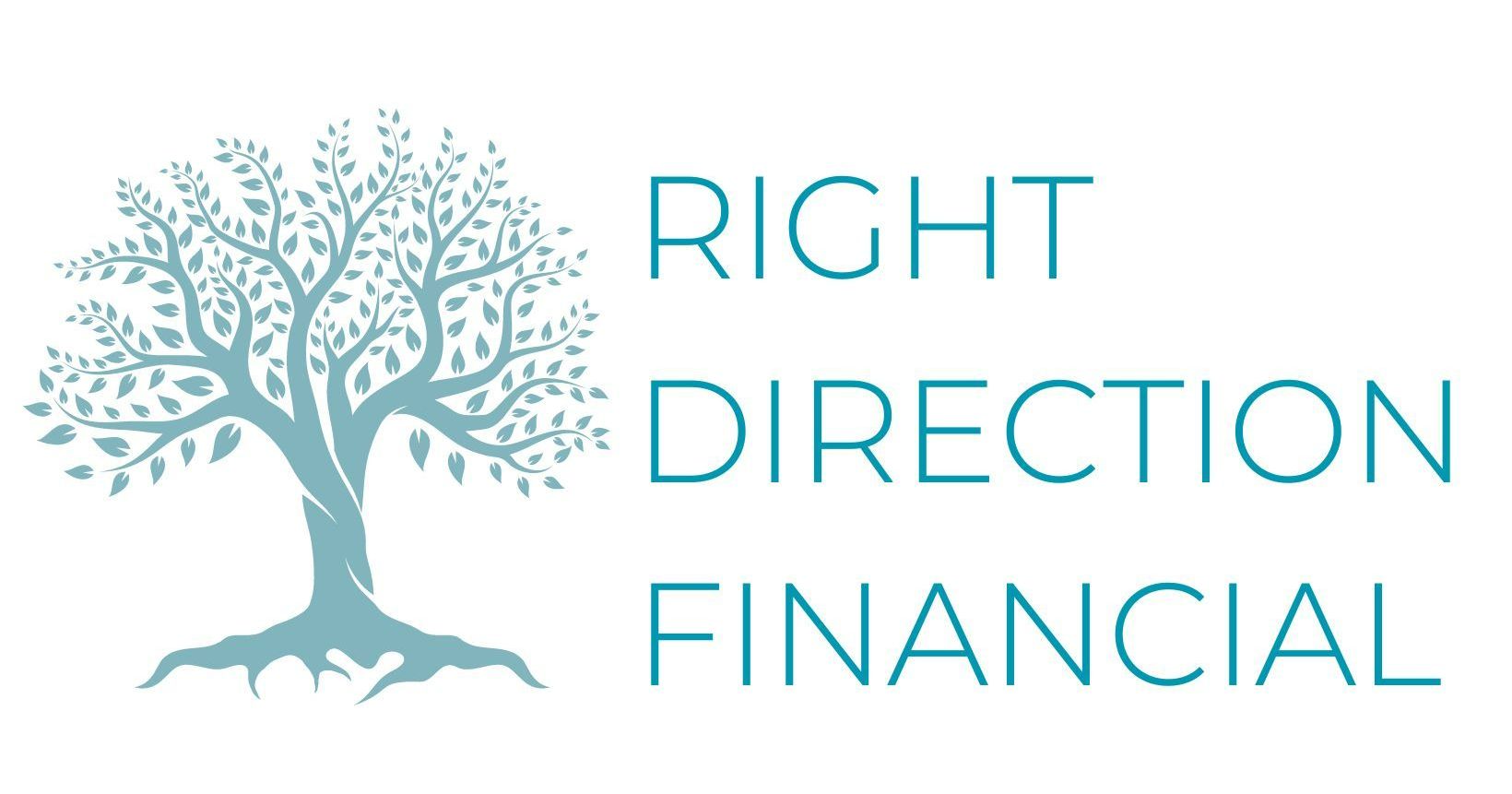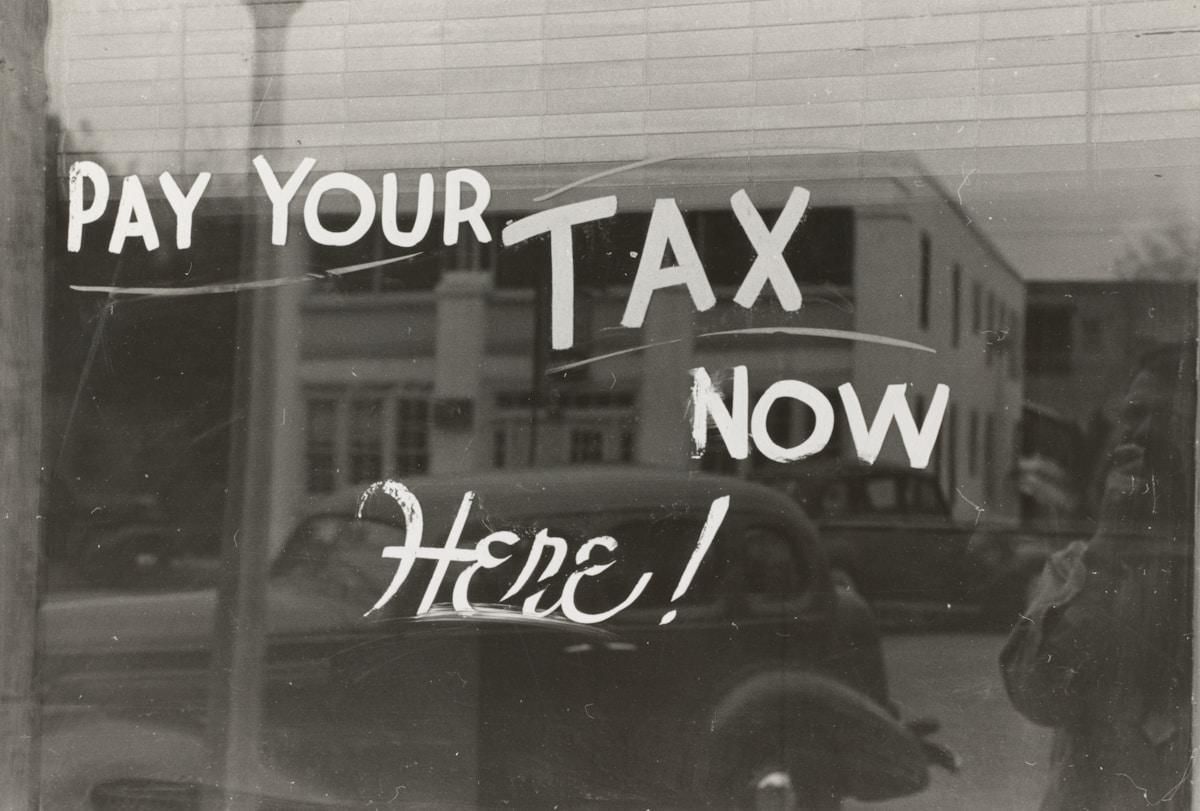The amount of money you need to retire in Canada can vary widely depending on your individual circumstances, lifestyle, and financial goals.
There are several factors to consider when determining your retirement savings goal, including:
- Current Age: The age at which you plan to retire can significantly impact how much you need. If you plan to retire early, you'll need more savings to cover a longer retirement period.
- Expected Retirement Age: The later you retire, the less you may need because you'll have fewer years of retirement to fund.
- Cost of Living: The cost of living can vary greatly depending on where you live in Canada. Major cities like Toronto and Vancouver tend to have higher living costs than smaller towns and rural areas.
- Housing: Whether you own your home, have a mortgage, or plan to rent in retirement will affect your expenses.
- Debts: The amount of debt you carry into retirement, such as mortgages, loans, and credit card debt, will influence your retirement needs.
- Healthcare: While Canada has a publicly funded healthcare system, there may still be out-of-pocket expenses for medical and long-term care which can cost upwards of $10,000 a month if you go live in a private facility
- Lifestyle: Your desired retirement lifestyle plays a significant role. Do you plan to travel frequently, dine out often, or have other costly hobbies and activities?
- Inflation: Over time, the cost of living tends to increase due to inflation, so you'll need to account for this when calculating your retirement needs.
- Government Benefits: Canada offers government benefits such as the Canada Pension Plan (CPP) and Old Age Security (OAS), which can help supplement your retirement income. Note: Most people do not qualify for the maximum amount of CPP.
To estimate your retirement savings goal, you can use online retirement calculators, or and consider the 70% to 80% rule. This rule suggests that you aim to replace 70% to 80% of your pre-retirement income in retirement. So, if you were earning $50,000 per year before retiring, you'd aim for an annual retirement income of $35,000 to $40,000.
Keep in mind that these are general guidelines, and your specific circumstances may require more or less savings. It's essential to have a personalized retirement plan and consider factors like investment returns, potential inheritances, and unexpected expenses in your calculations.
Source: https://www.canada.ca/en/financial-consumer-agency/services/retirement-planning/start-saving-retirement.html


















